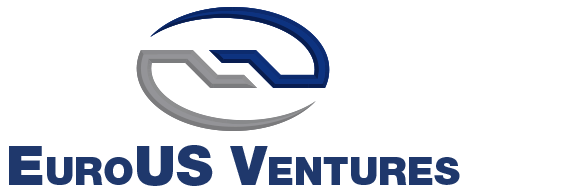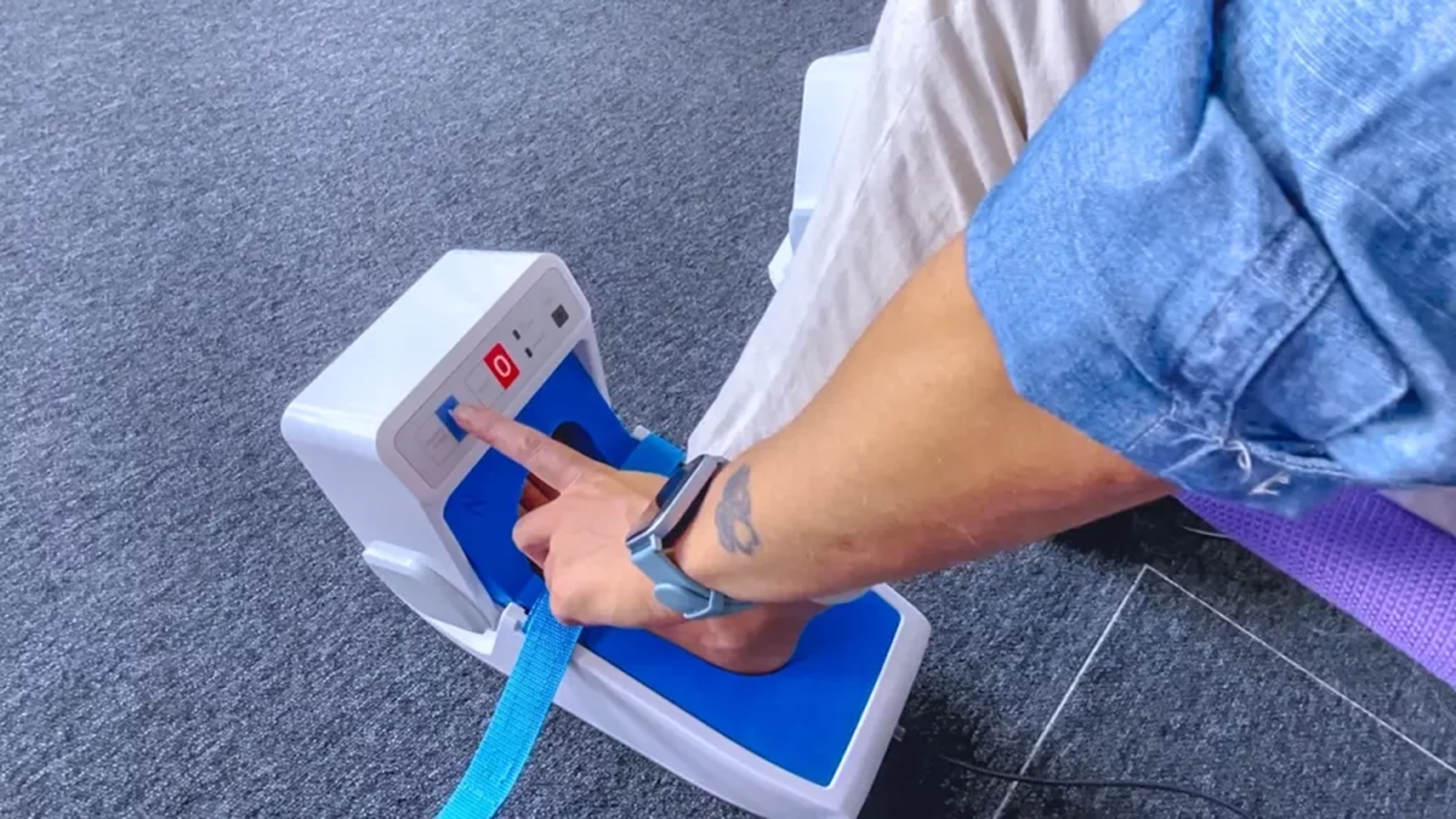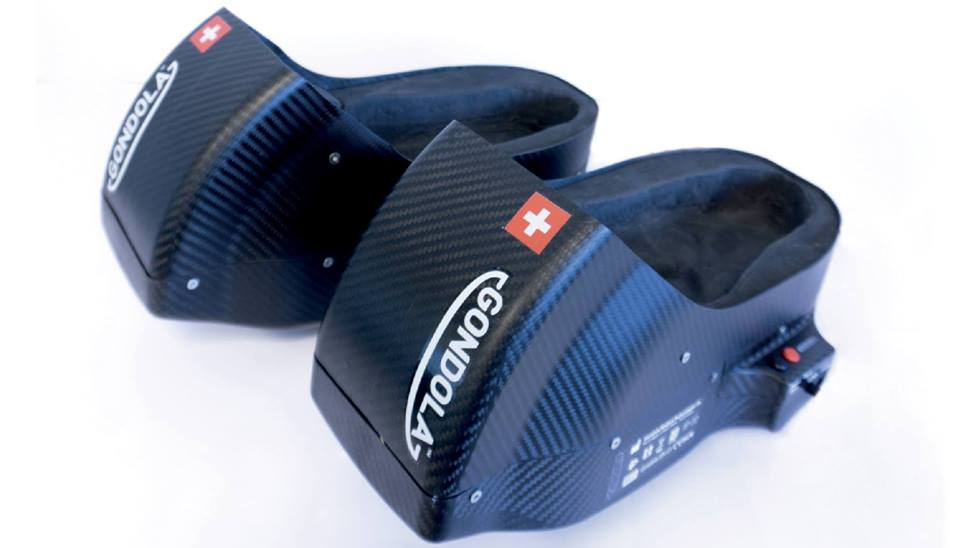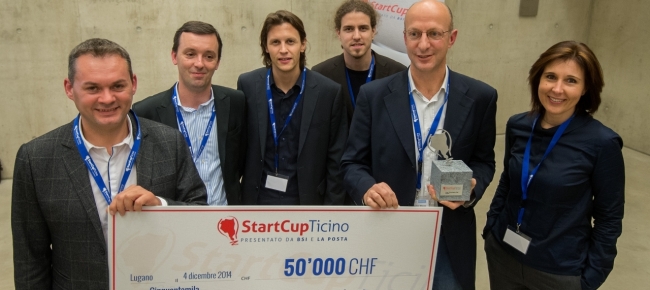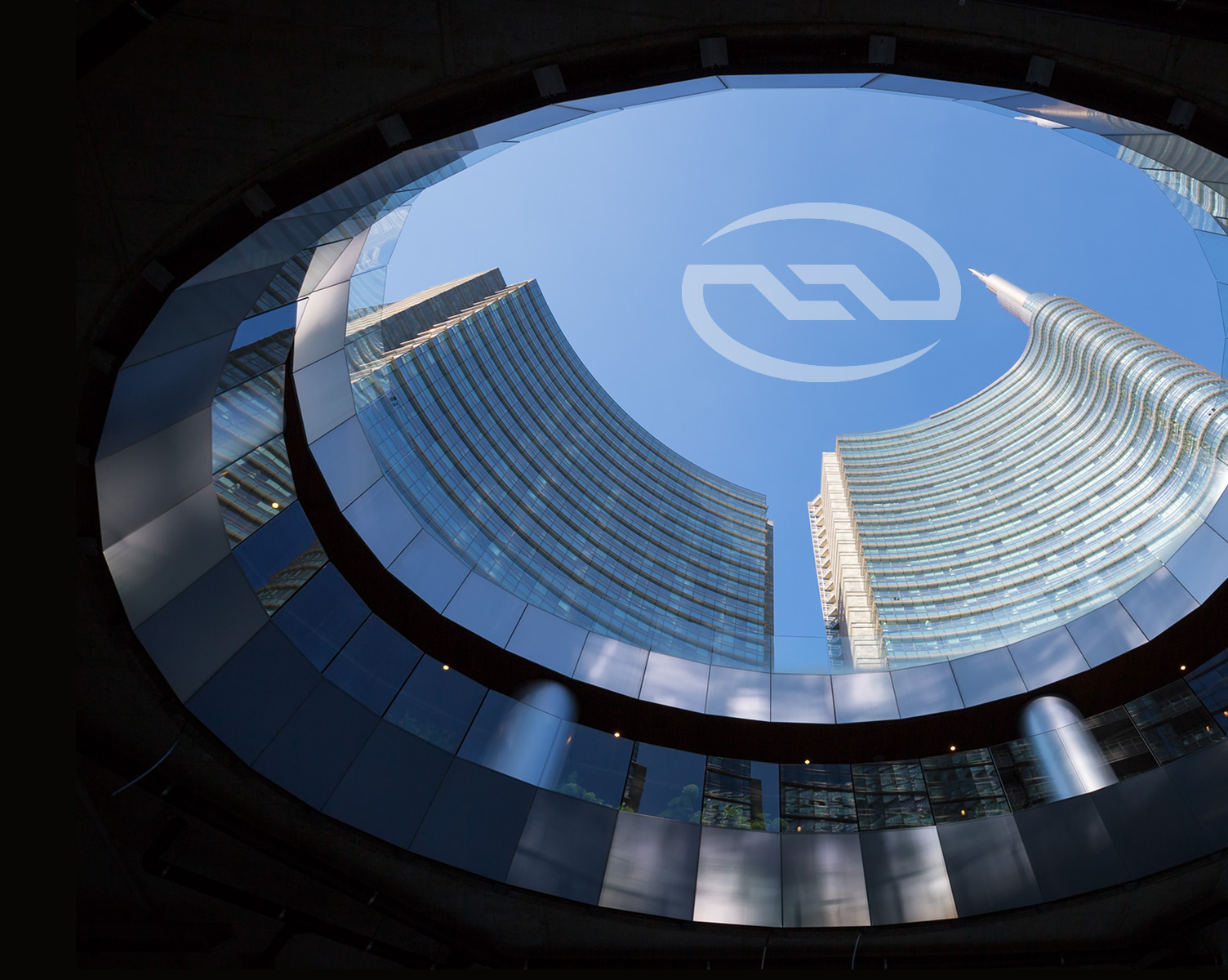Dr. F. Cecchini (Gondola SA): As a startup, Research & Development (R&D) funding is crucial and a strategy to meet this need must be designed in advance.
- In addition to the numerous grant opportunities available in Switzerland (start-up bids, foundations supporting innovative ideas, etc…), Innosuisse (the Swiss Innovation Agency) provides support for startup businesses. There are financial supports made available by Innosuisse must be taken into account (starting with the innovation grant, which is a financial support of CHF 15.000 for preliminary activities conducted with a research partner, to all scholarships that can add up to one million of CHF, depending on the scope and breadth of the proposed project), and the free advice offered by Euresearch (a non-profit association supported by the Swiss federal government to advise on research activities in Switzerland), where an excellent team of experts can support companies (not just startups) that search for the right funding program internationally, and provide coaching and training on how to obtain funds.
- Depending on where the startup was created, it is also useful to check the available cantonal initiatives to support the development of the startup. Funding can be obtained through grants (“free money”) or loans (money to be repaid later). In this respect, it is always wise for a startup to be cautious and not overestimate the time to generate positive cash flows from operations, since usually the time-to-market can be longer than expected. Also, if there is a binding clause to start repaying a loan but the company does not have the liquidity to manage it, this can be fatal to the existence of the startup, or can put pressure to raise funds, thus reducing the possibility of negotiating with prospective investors. Funding can also be achieved with capital increases.
- For capital increases, it is very important to have both a well-prepared pick deck explaining the uniqueness of the project and the team/resources available (or to be onboarded), the capital required and the use of the proceeds. The pick deck is a summary document of the startup, used to present to investors includes the size of the addressable market, the competition/map of other players in the target market, the achievable market share, the execution plan/milestones etc.. In this case, I strongly suggest to start working with colleagues who have already managed negotiations with investors and to have a legal advisor able to support during negotiations at an acceptable cost. It should be noted that all too often fundraising consultants ask for very high successful fees and that in all cases retention fees should be avoided to ensure that intentions are aligned between the company to be funded and the fundraisers. In any case, it would be better for startuppers to create their own network of possible investors interested in the project, through personal contacts, referral networks or by asking colleagues from other startups who already know who their investors are and checking if there are opportunities to contact and present them.
more news …
